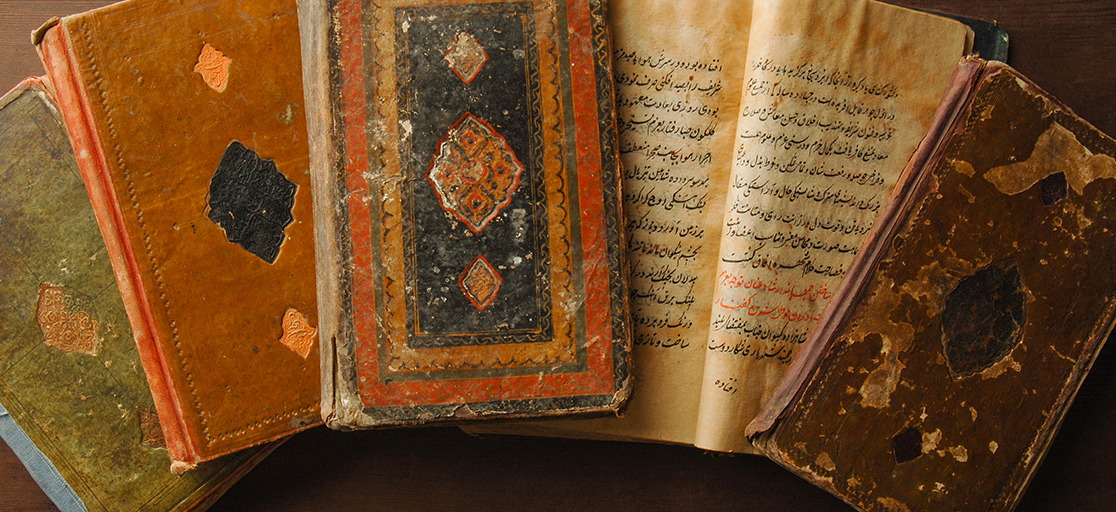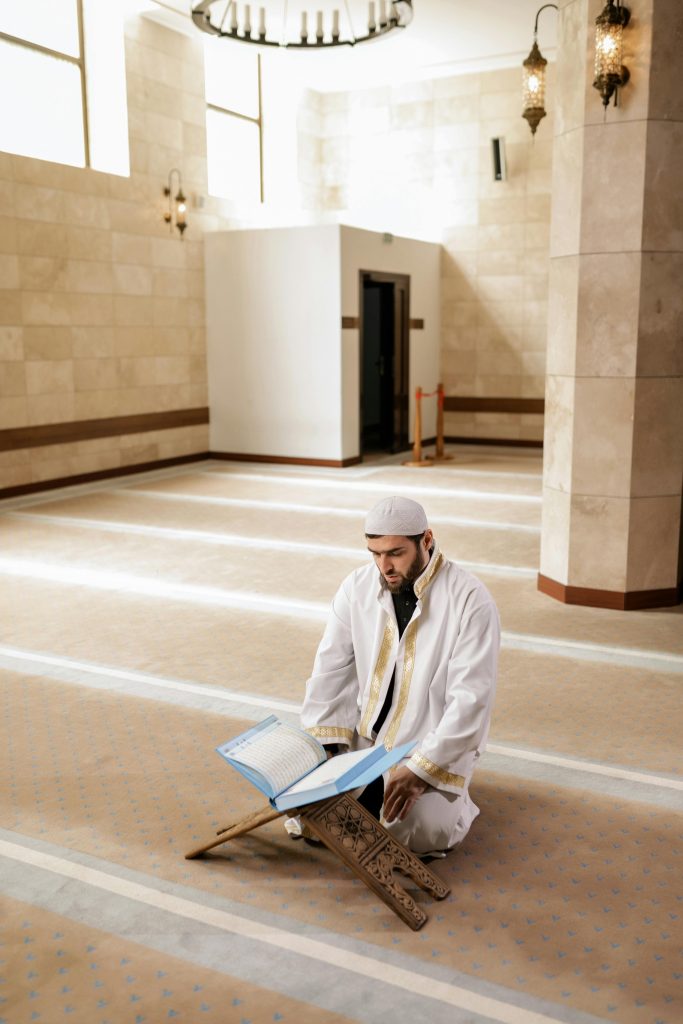The history of Islam and science is a complex one, rooted deep in a rich relationship between Muslim societies and the exploration of scientific knowledge. From its earliest beginnings, Muslim culture has championed advancement in mathematics, astronomy, medicine, art and architecture – all fields which flourished under the unifying influence of Islam as it spread across regions in Eastern Europe, India and Africa. As centuries have gone by since that time, fascinating examples from individuals to entire industries have emerged showing just how deeply ingrained science has been within Islamic society. In this blog post we will take an in-depth look into the diverse impact Muslims made on science over the past millennium – highlighting their accomplishments while also exploring some areas where progress could be improved upon today.
Muslim scientists have made major contributions to the world of science, from the development of algebra to the creation of the astrolabe. Muslim scientists such as Ibn Sina (Avicenna) and Al-Khwarizmi made major advances in mathematics, astronomy, physics and medicine. Ibn Sina developed the concept of modern medicine, while Al-Khwarizmi was credited with inventing algebra.
Other notable Muslim scientists include Ibn Rushd (Averroes), who wrote extensively on philosophy and medicine, and Ibn al-Haytham (Alhazen), who made major contributions to the field of optics.
Muslim scientists also made important advances in the fields of engineering, architecture and geography. The great mathematician and astronomer Omar Khayyam invented the concept of the Jalali calendar, while the astronomer and geographer Abu Raihan al-Biruni made great advances in geography and map-making.
Muslim scientists also made important contributions to the fields of chemistry, botany, zoology and metallurgy.
Muslim inventors have made major contributions to the world of technology, from the development of sophisticated navigation tools to the invention of the fountain pen. Prominent Muslim inventors during the Islamic Golden Age included Al-Jazari, who is credited with inventing the crank-shaft and camshaft, and Abbas Ibn Firnas, who is credited with inventing the first flying machine. Other notable Muslim inventors include Jabir ibn Hayyan, who invented the first distillation apparatus.
Muslim inventors also made major advances in the fields of optics and navigation, inventing the astrolabe, which was used to measure the position of the sun and stars, and the sextant, which was used in navigation. Our courses provide an opportunity to explore the relationship between Islam and science. We encourage you to take a closer look at our offerings to gain a deeper understanding of this connection. You can explore our courses right here!








